opening hours
Monday closed
Tuesday to Sunday 11 am – 7 pm
Monday 8 December 11 am > 7 pm
Wednesday 24 December 11 am > 4:30 pm
Thursday 25 December closed
Wednesday 31 December 11 am > 4:30 pm
Thursday 1 January 11 am > 7 pm
Monday 5 January 11 am > 7 pm
Tusday 6 January 11 am > 7 pm
- full price € 15 at the box office - € 14 online
- reduced price € 12 at the box office - € 11 online
– for young people aged between 18 and 25 (not yet turned 25);
– for groups of 15 people or more;
– La Galleria Nazionale, Museo Ebraico di Roma ticket holders;
– upon presentation of ID card or badge: Accademia Costume & Moda, Accademia Fotografica, Biblioteche di Roma, Centro Sperimentale di Cinematografia, Enel (for badge holder and accompanying person), FAI Fondo Ambiente Italiano, Feltrinelli, Gruppo FS, IN/ARCH Istituto Nazionale di Architettura, Sapienza Università di Roma, LAZIOcrea, Palazzo delle Esposizioni, Amici di Palazzo Strozzi, Accademia Nazionale di Santa Cecilia, Scuola Internazionale di Comics, Teatro Olimpico, Teatro dell’Opera di Roma, Teatro di Roma, Università degli Studi di Roma Tor Vergata, Youthcard; - open € 18
valid for one year from the date of purchase
- free
– minors under 18 years of age;
– myMAXXI cardholders;
– on your birthday presenting an identity document;
– upon presentation of EU Disability Card holders and or accompanying letter from hosting association/institution for: people with disabilities and accompanying person, people on the autistic spectrum and accompanying person, deaf people, people with cognitive disabilities and complex communication needs and their caregivers, people with serious illnesses and their caregivers, guests of first aid and anti-violence centres and accompanying operators, residents of therapeutic communities and accompanying operators;
– MiC employees;
– journalists who can prove their business activity;
– European Union tour guides and tour guides, licensed (ref. Circular n.20/2016 DG-Museums);
– 1 teacher for every 10 students;
– AMACI members;
– CIMAM International Committee for Museums and Collections of Modern Art members;
– ICOM members;
– from Tuesday to Friday (excluding holidays) European Union students and university researchers in art history and architecture, public fine arts academies (AFAM registered) students and Temple University Rome Campus students;
– IED Istituto Europeo di Design professors, NABA Nuova Accademia di Belle Arti professors, RUFA Rome University of Fine Arts professors;
– upon presentation of ID card or badge: Collezione Peggy Guggenheim a Venezia, Castello di Rivoli Museo d’Arte Contemporanea, Sotheby’s Preferred, MEP – Maison Européenne de la Photographie;
Robert Wilson. Mother
- ticket € 5
limited seating; it is mandatory to arrive at the infopoint 15 minutes before the start time indicated on the ticket; the experience lasts approximately 45 minutes
- Mother + Museum ticket € 17
limited seating; it is mandatory to arrive at the infopoint 15 minutes before the start time indicated on the ticket; the experience lasts approximately 45 minutes
Collection
MAXXI’s Collection of Art and Architecture represents the founding element of the museum and defines its identity. Since October 2015, it has been on display with different arrangements of works.
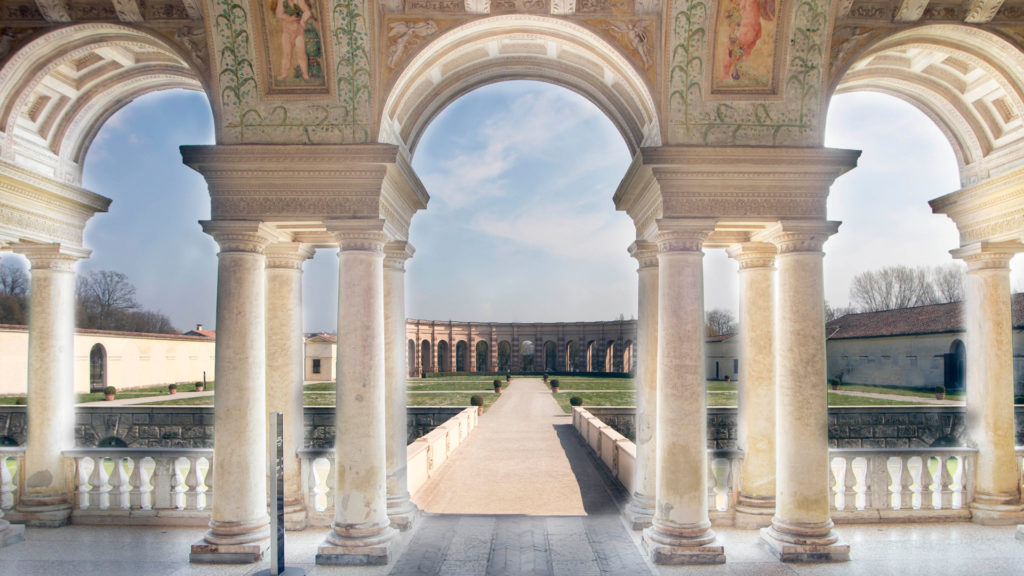
other upcoming events
17 Dec 2025 05.00 pm
MAXXIperTUTTIThe Large Glass: plural visionsfree guided tours
17 Dec 2025 06.00 pm
lectureRicky BurdettIl DNA delle città: leggere Roma nel contesto globale
18 Dec 2025 05.00 pm
MAXXIperTUTTI1+1 sensitactile labs
26 Dec 2025 11.30 am
guided toursThe Large Glass
26 Dec 2025 04.30 pm
MAXXI with the familyMeraviglie in equilibrioCostruire come Pier Luigi Nervi
26 Dec 2025 04.30 pm
guided toursThe Large Glass



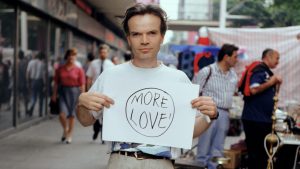





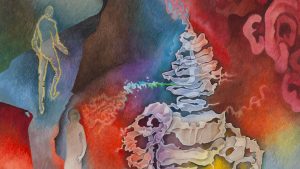

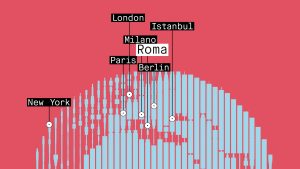

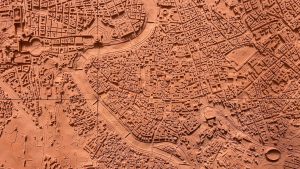

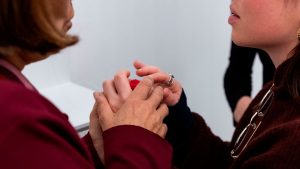
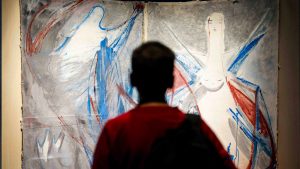
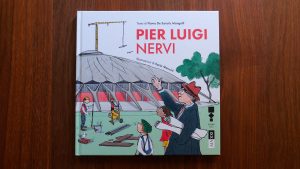
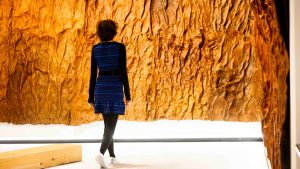

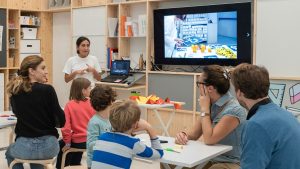
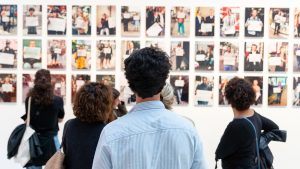
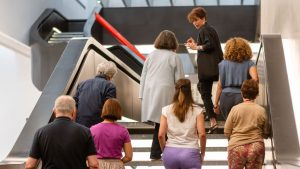
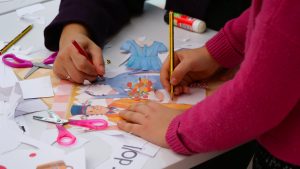


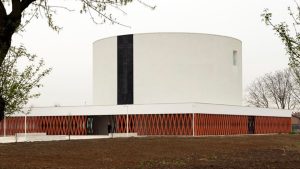



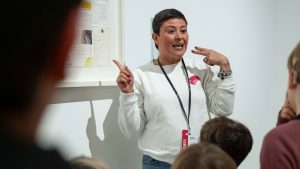



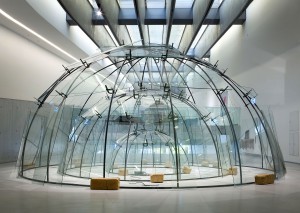
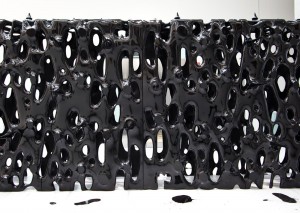
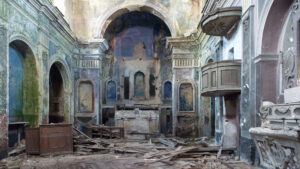

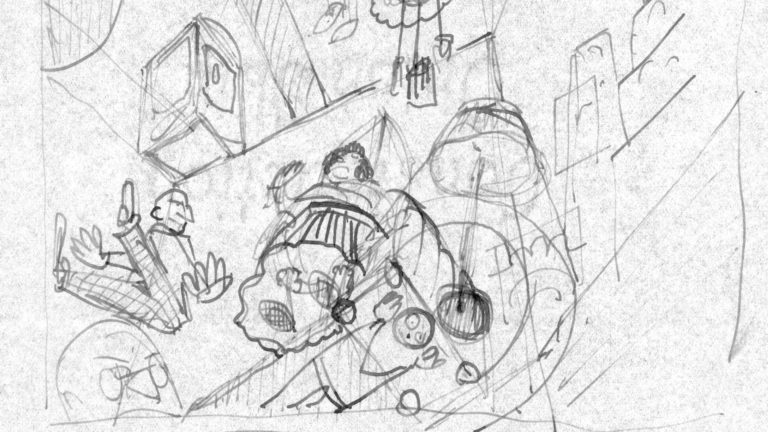
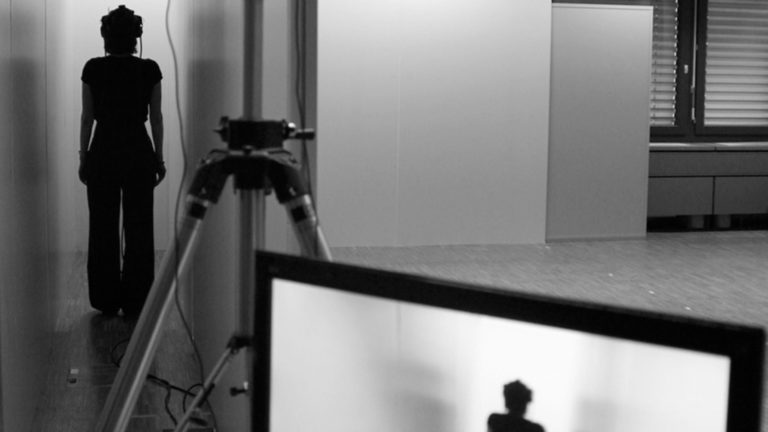

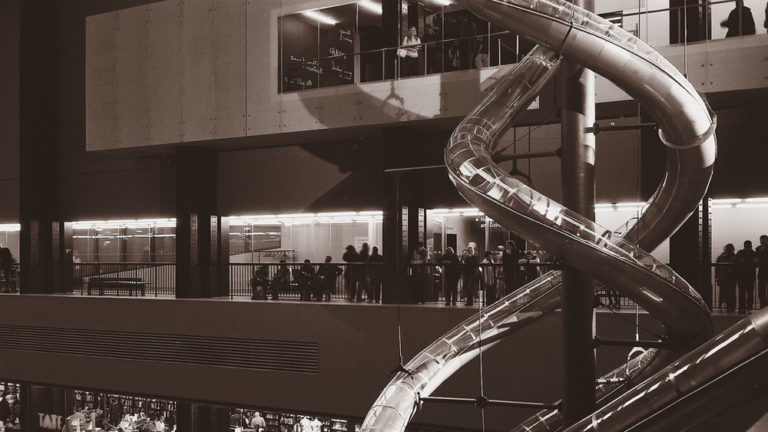




MAXXI Auditorium – entry €5;
buying the ticket gives right to a reduced-price ticket to the museum (€8) within a week from issuance. Ticket for five events €20
Free entry for holders of the myMAXXI card, with the possibility to reserve a seat for the first 10 to write to mymaxxi@fondazionemaxxi.it before the day prior to the event, until full capacity
The contaminations of different disciplines in five events, between new canons and new interpretations.
The new series of lectures of The Stories of Architecture, thanks to the contribution of important scholars of the different fields, shows the Contaminations of contemporary Architecture among Art, Politics, Economics, Science and Cinema.
Stefano Baia Curioni
Cultural policies for capital cities
Reflections on the relationship between cultural policies and urban development have been at the core of important academic discussions and government actions in the last years. The question of the role of central and peripheral cultural policies in urban regeneration and economic development processes was first introduced in the early ‘90s thanks to the confluence of the research of geographers, sociologists, development economists and researchers in the field of cultural districts. Building upon these reflections, the theme is deepened with specific reference to the cases of Mantua (the 2016 Italian Capital of Culture) and the experience of the Italian Capital of Culture commission for 2018 and 2020.
Stefano Baia Curioni. Graduate in Economic and Social Disciplines. He holds a PhD at the Ecole des Hautes Etudes en Sciences Sociales of Paris, and he has been Associate Professor of Economic history at Bocconi University since 2000, where he is also Director of the Master’s Degree in Economics for art and culture.